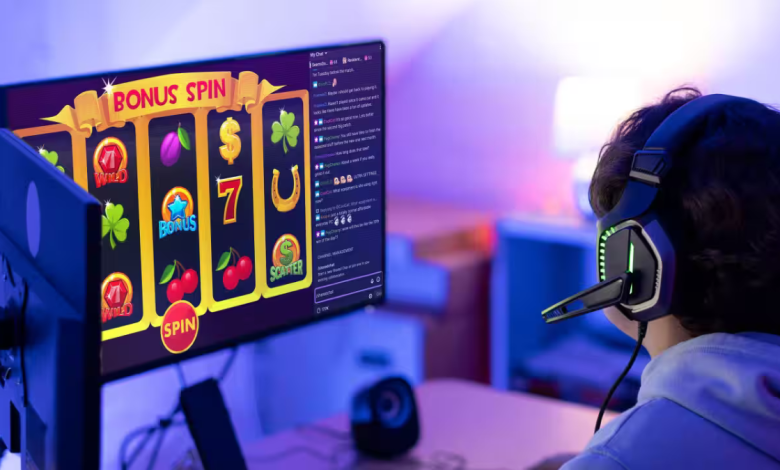Inside the World of Gambling Influencers

Gambling influencers play a crucial role in shaping gambling behaviours, especially on social media. Through their large followings, they significantly influence attitudes toward gambling, particularly among younger audiences. In this article, we explore the rise of gambling influencers, their marketing techniques, and the need for regulation to ensure ethical practices.

The Impact of Gambling Influencers on Youth
The Power of Exposure
Young people spend a great deal of time on social media, where gambling influencers are often featured. Research shows that exposure to gambling-related content through these influencers can normalise gambling. This, in turn, makes gambling feel like a regular part of everyday life. As influencers promote gambling products, they often present them as exciting and harmless.
This is especially concerning for younger viewers, who may perceive gambling as a fun, low-risk activity. The more they engage with these influencers, the more likely they are to develop positive attitudes toward gambling and, ultimately, act on those behaviours.
Relatable and Engaging Content
Gambling influencers use livestreams, memes, and viral videos to make gambling appear fun and harmless. They share personal stories, use humour, and create high-energy content to build a connection with their audience. These strategies blur the line between entertainment and advertising, making it harder for viewers to recognise when they’re being marketed to.
ALSO READ: Big Brother Betting: Yes, It’s a Thing
How Gambling Influencers Use Marketing Strategies
Subtle Persuasion Techniques
Influencers often employ clever marketing tactics to keep their followers engaged. Instead of using direct advertisements, they seamlessly incorporate gambling promotions into their regular content. For example, they might share their betting wins or encourage followers to visit gambling websites. Consequently, these tactics make gambling seem like a fun, everyday activity.
However, this content often lacks responsible gambling messages. By presenting gambling as risk-free, influencers may unintentionally encourage risky behaviour. This is particularly dangerous for vulnerable groups, who might perceive gambling as a low-risk, fun activity.
Targeted Advertising: Reaching the Right Audience
Moreover, gambling operators use social media algorithms to target potential customers based on their online behaviour. This approach helps reach people who are more likely to engage with gambling content. Targeted ads make gambling promotions more effective but also increase the risk of encouraging gambling addiction. As gambling activity becomes more tailored to individual interests, it’s easier for users to place more bets, which can further escalate the issue.
Ethical Concerns and Regulatory Challenges
The Challenge of Regulation
The subtle nature of influencer marketing makes it difficult for regulators to track and control gambling promotions. Often, influencers blur the line between entertainment and advertising, which complicates the task of enforcing regulations. This becomes even more concerning when influencers target younger audiences, who may not fully understand the risks of gambling.
Many experts argue that influencers should disclose paid partnerships more clearly. They suggest that gambling promotions should be more transparent to help consumers better understand the risks involved. Therefore, more transparent and clearer advertising regulations are essential to protect the public.
The Need for Stricter Regulations
Stronger regulations could help limit the harm caused by gambling influencers. These could include age restrictions for gambling content and requirements for influencers to clearly state when they are promoting a product. In addition, authorities could implement stricter regulations to protect vulnerable groups and prevent misleading advertising.
Without these measures, gambling influencers will continue to grow in influence, and young people may remain at risk. Social media platforms and gambling brands need to be held accountable for their part in this process. Only through proper regulation can the industry ensure that it operates responsibly and ethically.
READ MORE: How Gaming and Gambling Are Merging in 2025
Moving Forward with Responsible Gambling
Gambling influencers wield significant power in shaping attitudes towards gambling, particularly among young people. Through engaging content and subtle marketing strategies, they make gambling seem like a safe and enjoyable activity. However, the lack of responsible gambling messages and the difficulty in regulating influencer marketing pose serious concerns.
To protect vulnerable individuals, gambling marketing must be more closely regulated. Clearer guidelines, stronger enforcement, and better transparency are essential to ensure the industry operates ethically. Therefore, it’s crucial for regulators to address these challenges before they lead to greater harm.




